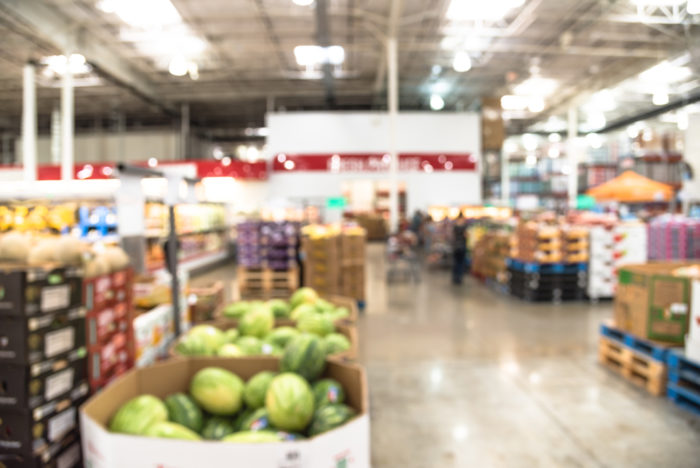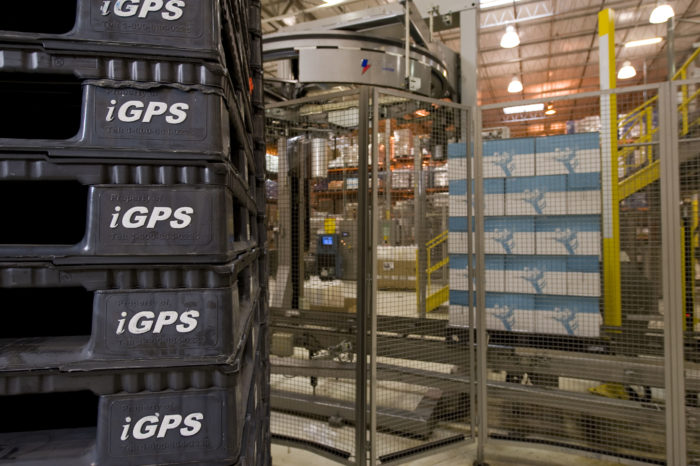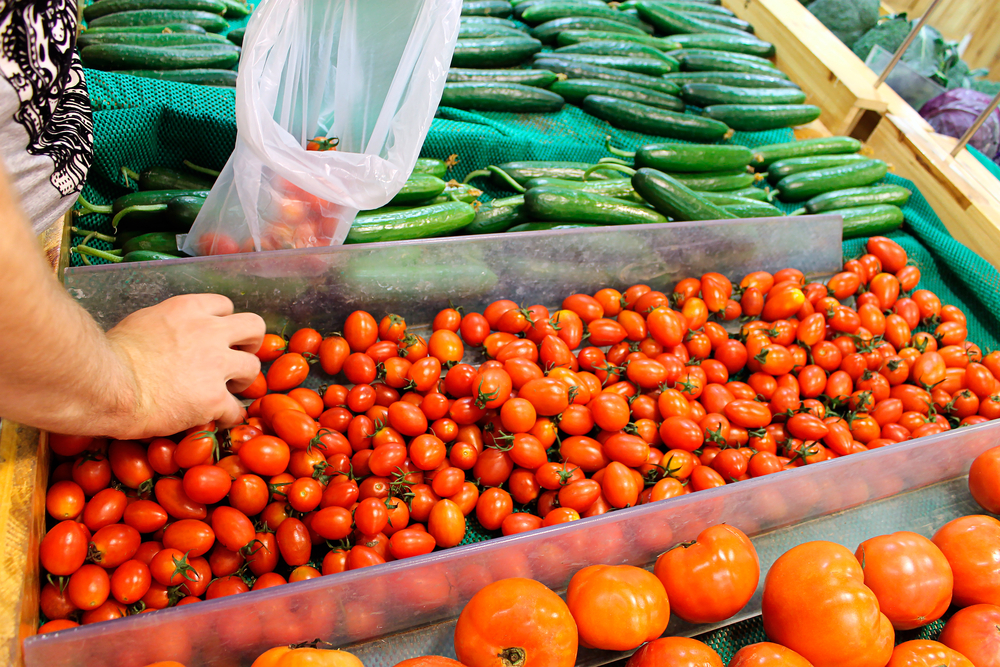Food traceability isn’t just important. It’s required to stay compliant with the Food Safety Modernization Act (FSMA). Under the act, the ability to pinpoint the stops that a product made on its journey through the supply chain is imperative. Tracking can help prove compliance with food hygiene requirements and can support other measures necessary to ensure product safety. Of course, this isn’t the only reason why food traceability is important. It’s also a smart way to improve supply chain efficiency and eliminate waste.
Enacting measures to increase food traceability helps supply chain managers find and fix failings in their processes and in the supply chain that cause product damage. It can also mitigate losses in the event of recalls, as tracking pallet loads makes it much easier to locate the particular products that present a risk and prevent them from ending up on store shelves.
Why Food Traceability Is Important for FSMA Compliance
 Food traceability is necessary to establish the hygienic transportation of food. With accurate records, supply chain managers can show that food storage and transport containers were clean and handled properly and that the employees responsible for handling them were trained in FSMA standards. And in the event of a recall or contamination, the ability to pinpoint precisely the location of a shipment of contaminated food can help to reduce losses and keep consumers safe.
Food traceability is necessary to establish the hygienic transportation of food. With accurate records, supply chain managers can show that food storage and transport containers were clean and handled properly and that the employees responsible for handling them were trained in FSMA standards. And in the event of a recall or contamination, the ability to pinpoint precisely the location of a shipment of contaminated food can help to reduce losses and keep consumers safe.
Supply chain managers must review and track all potential hazards that could contaminate food.
Tracking and recordkeeping regarding food products in the supply chain is required in order to document:
- Hazards: Supply chain managers must review and track all potential hazards that could contaminate food, including chemical, biological, physical, and intentionally introduced contaminants. These risks could include anything from pest infestations to mold on pallets to chemical spills. Any observed incidents must be recorded along with the location and date.
- Controls: Any processes put in place to prevent contamination, such as new packing protocols or cleaning procedures, should be clearly outlined in response to potential hazards in the food supply chain. This also includes marking critical control points where the potential for contamination increases, such as when food is moved from the warehouse to the truck or from the trailer to the retailer’s stockroom.
- Corrective Actions: Corrective actions are different from controls as controls are proactive and are performed before contamination occurs. Corrective actions take place after an exposure and may include disposing of certain items and evaluating all existing food to ensure it was not impacted.
- Verification: Verification centers on how all this information is tracked, whether through a Warehouse Management System (WMS) or via manual methods with supervisory sign-offs throughout the process. Verification provides a means of proving that the above steps took place.
Supply chain managers who wish to improve their food traceability should examine the procedures they have in place for the requirements above and consider how they should adjust their programs. Such strategies could involve investing in technology and tools for tracking, improving recordkeeping processes, and creating more integrated systems for managing shipments from beginning to end.
Tips for Managing Food Traceability
 One of the simplest ways to improve food traceability is by tracking at the unit load level rather than by vehicle load. Tracking individual pallets lets supply chain managers follow each shipment at a more granular level throughout its journey. A few tools make this possible.
One of the simplest ways to improve food traceability is by tracking at the unit load level rather than by vehicle load. Tracking individual pallets lets supply chain managers follow each shipment at a more granular level throughout its journey. A few tools make this possible.
- Warehouse Management System (WMS): A WMS allows supply chain managers to log pallets using their individual identifiers in order to keep track of when they were last scanned and moved. With a well-maintained WMS, it’s possible to create a full historical record for all shipments and reduce the risk of lost items. Using a WMS instead of a paper records system also makes recordkeeping logistics much easier and more consistent.
- RFID and barcodes: Radio-frequency identification tags are an improvement on traditional barcodes as they’re easier to scan and track. These tags use radio transmitters to send information to RFID readers for rapid identification. RFID simplifies traceability, which is vital for continued compliance with FSMA as it’s likely that the FDA will only enhance food tracking regulations and increase enforcement in the coming years. The best solution for improved unit load-level tracking is to choose pallets that offer both barcodes and RFID tags, since not every point in the supply chain will have the scanners needed to read RFID tags.
- Plastic pallets: Plastic pallets are ideal for use in the grocery industry as it is easy to embed RFID tags in plastic pallets with little risk that the tag will come off during transit (a common issue with wood pallets). Plastic pallets can easily be outfitted with barcodes and unique serial numbers along with RFID to offer redundant tracking options. Along with making tracking easier, plastic pallets are also more hygienic than wood. Plastic pallets are not absorbent, so moisture stays on the surface, making it easy to ensure that pallets are fully dry and not contaminated by spills. Plastic is also easy to clean, which improves overall hygiene and helps to reduce the risk of cross-contamination.
In the event of recalls or contamination, tracking methods make it easier to find the highest risk pallets.
There are many reasons why food traceability is important. In the event of recalls or contamination, tracking methods make it easier to find the highest risk pallets and pull them out of the supply chain. It’s also necessary for staying in compliance with the Food Safety Modernization Act. Using high-quality plastic pallets equipped with RFID tags, barcodes, and alphanumeric tags provides supply chain managers with the tools to monitor their shipments and keep products safe for consumers.
iGPS plastic pallets are ideal for use in the grocery sector and greatly simplify compliance with the Food Safety Modernization Act. To use our pallets to improve traceability in your supply chain, contact us at 1-800-884-0225, email a specialist at switch@igps.net, or visit our contact page.



